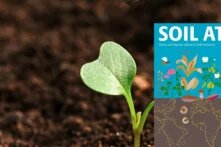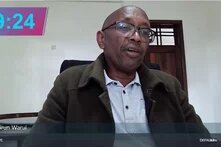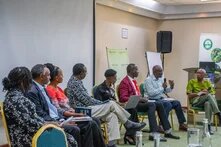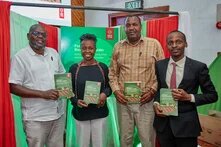Pesticides and Food Safety
Articles
More articles about Pesticides and Food Safety (41)
Publications
More publications about Pesticides and Food Safety (10)
More pages about Pesticides and Food Safety
© Heinrich-Böll-Stiftung e.V.
Schumannstraße 8
10117 Berlin
T +49 (30) 285 34-0
F +49 (30) 285 34-109
www.boell.de
info@boell.de















